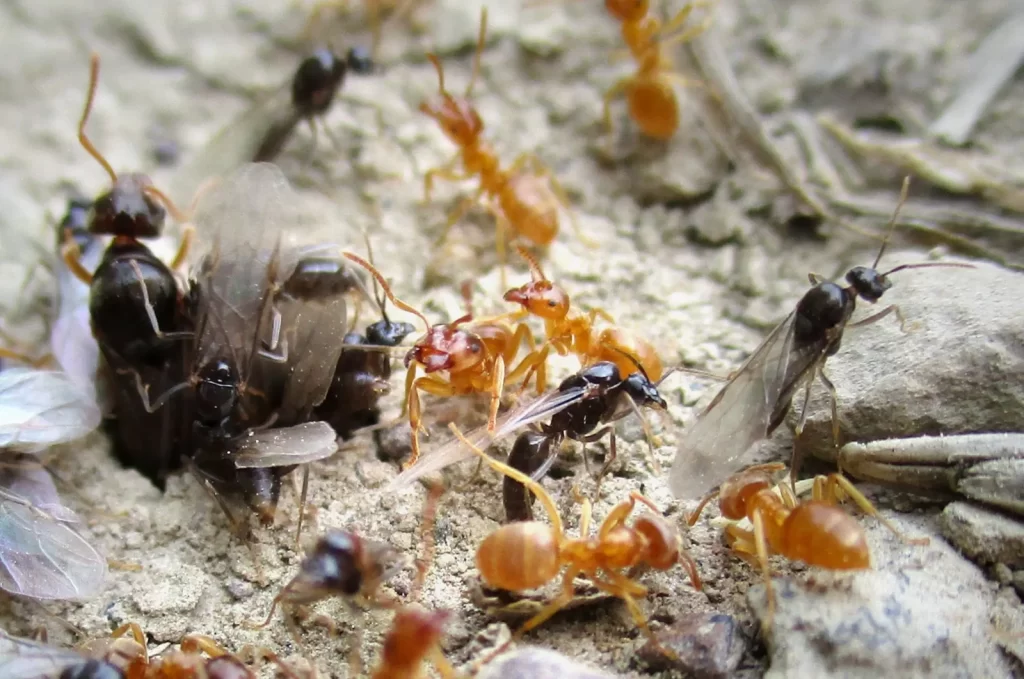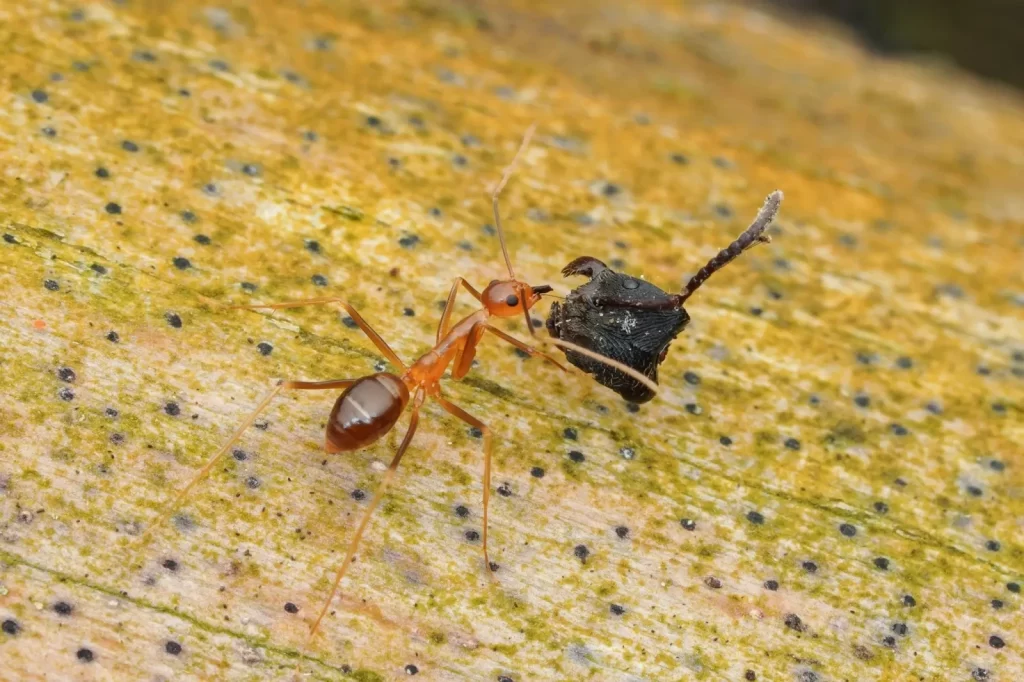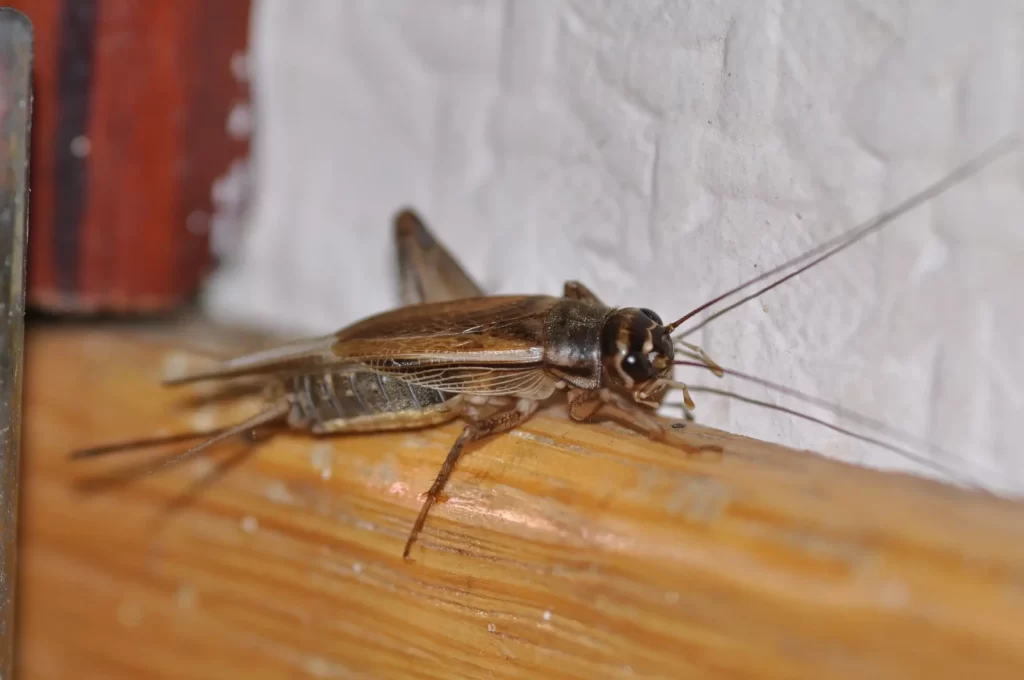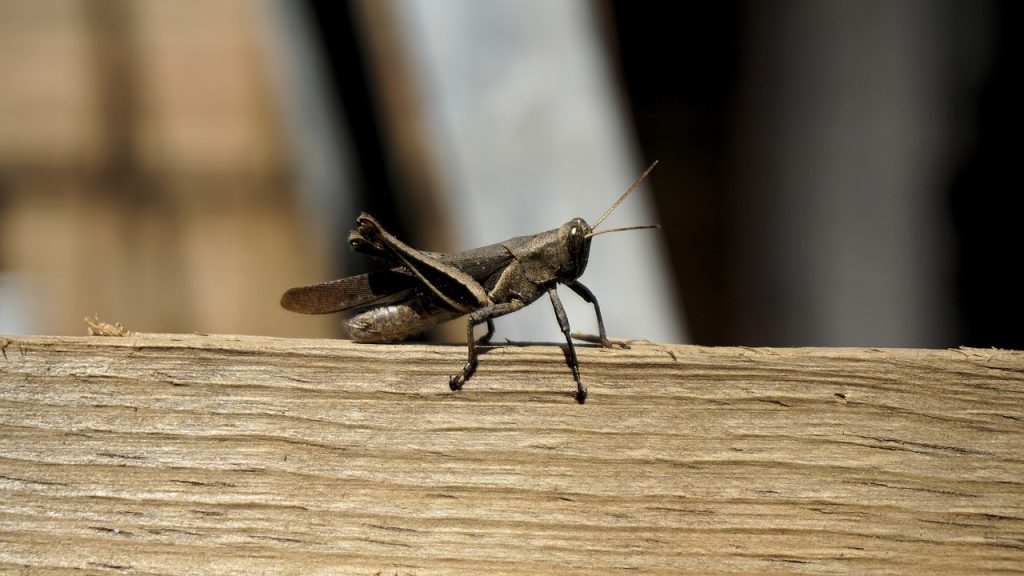Mice are small creatures that can adapt to various environments, including homes, where they often become unwelcome guests. Understanding the lifespan of mice, whether wild or pet mice, can help in managing and preventing infestations. This article explores how long mice live, how long they can survive without food, and specific considerations for house and pet mice.

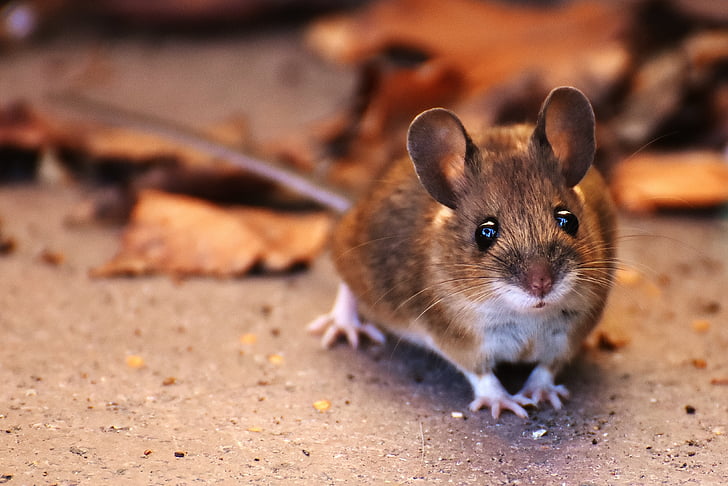
How Long Do Mice Live?
The lifespan of a mouse varies significantly depending on its environment and species. In the wild, mice generally live for about one year due to predators, harsh conditions, and lack of food. However, in a protected environment like a house, where they have access to food, shelter, and fewer predators, house mice can live up to two years. This longer lifespan in a domestic setting makes them more challenging to control, as they can reproduce rapidly, leading to infestations.
How Long Do Pet Mice Live?
Pet mice, on the other hand, have a different lifespan compared to their wild counterparts. With proper care, pet mice can live between one and a half to three years. The lifespan of pet mice depends largely on their diet, living conditions, and genetics. Pet owners can increase the life of their mice by providing a clean, spacious habitat, a balanced diet, and regular health check-ups. Unlike wild mice, pet mice benefit from a stress-free environment and consistent care, which contributes to their longer lifespan.How Long Can Mice Live Without Food?
Typically, mice can live without food for about 2 to 4 days, but this period can vary based on their access to water. Mice have a high metabolism and require frequent meals to maintain their energy levels. While they can survive without food for a short period, they will quickly seek out new food sources. It is important to remove food sources in your home to prevent an infestation. In contrast, if water is available, mice can survive slightly longer without food, as hydration plays a key role in their survival. This makes them troublesome pests, able to live in environments where food is scarce but water is accessible.
How Long Do House Mice Live?
House mice, the most common species found in homes, typically live longer than wild mice due to the more favorable conditions. As mentioned earlier, house mice can live up to two years, especially if they have access to food, water, and shelter. The presence of house mice can lead to property damage and health risks, as they chew on wires and insulation and can contaminate food with their droppings. Understanding their lifespan and reproductive habits is key to effectively managing and preventing house mice infestations. Myths and Facts About Mice and Their Lifespan| Myth | Fact |
| Mice live only a few months in any environment. | Mice can live up to two years in a protected environment like a house. |
| Pet mice don’t need regular health check-ups. | Regular check-ups can extend the life of pet mice by preventing diseases. |
| House mice can’t live long without food. | Mice can survive for 2 to 4 days without food if water is available. |
| All mice have the same lifespan. | The lifespan of mice varies based on their environment and care. |
| Mice don’t need much space to live comfortably. | Providing ample space and a clean environment can help pet mice live longer. |
